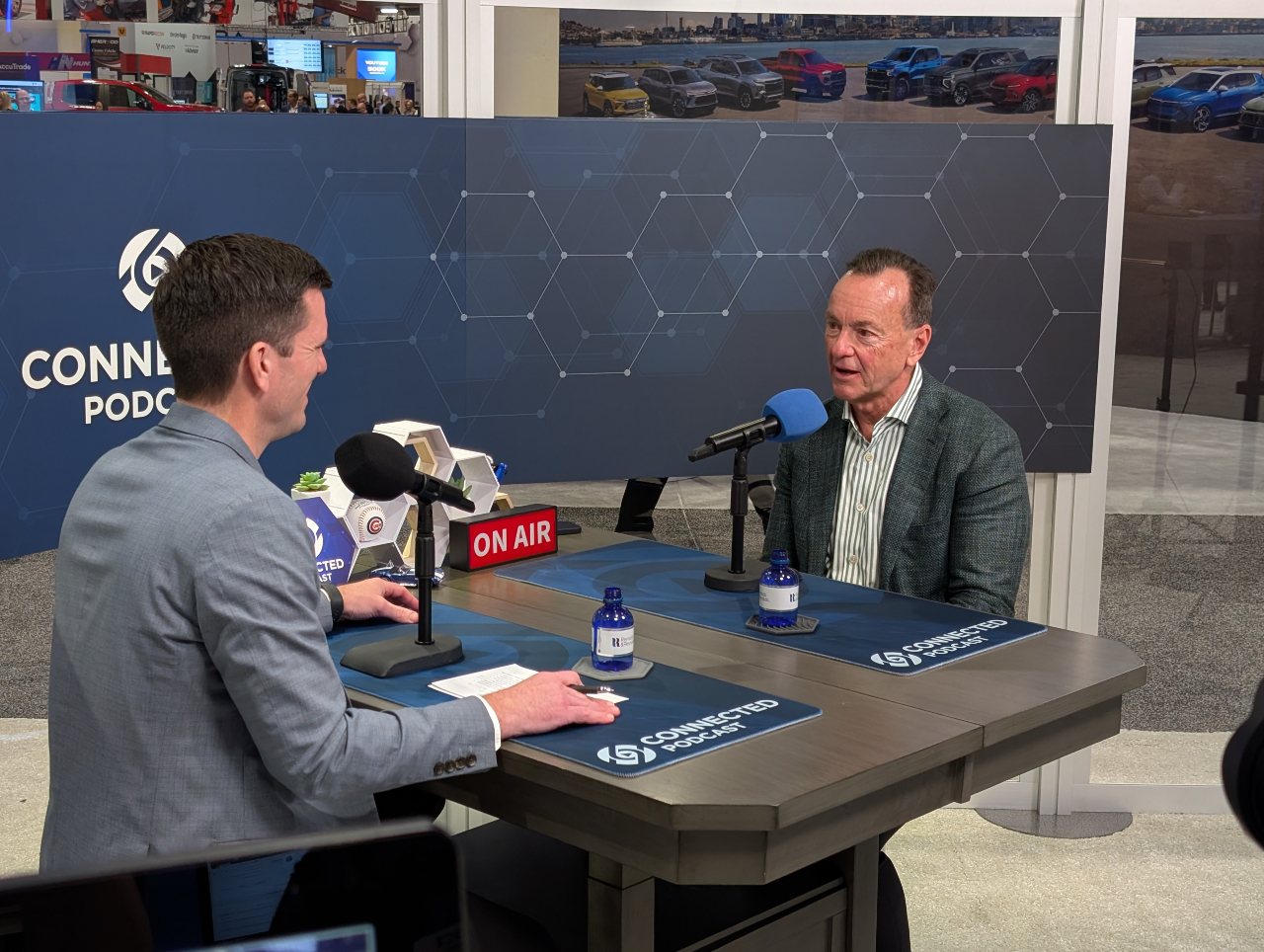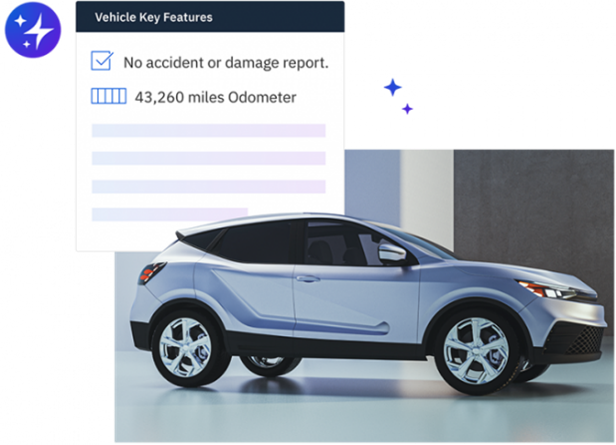Your CRM is Causing Bad Ripple Effects

Article Highlights:
- Bad ripple effects can cost your dealership sales.
- Redefining your CRM creates good ripple effects.
Most people have a love-hate relationship with their CRM tool. In fact, Accent says only 13% of sales teams are satisfied with theirs. That’s because the traditional CRM tool creates bad ripple effects for dealerships.
Between the stress of giving customers a great experience, finishing daily tasks, and meeting goals, your dealership’s CRM tool can greatly impact the way your team operates every day. How and if your team utilizes the CRM tool can be the difference between success and failure.
Let’s dive into some of the bad ripple effects your CRM creates that affect your team’s daily processes.
1. The Never Ending Cycle of Tracking Down Information
Your sales team uses their personal phones to communicate with prospects… sending texts, pictures, and videos. The prospect information is saved in their personal phone and nothing is added into the CRM except the actual appointment (maybe).
When the customer arrives, the salesperson jots down the vehicle the customer wants on a piece of paper. He runs to track down the vehicle and scan the customer’s driver’s license – leaving the customer waiting alone.
On the test drive, the customer determines the route and barely scratches the surface of the features available that would ‘wow’ them.
The salesperson grabs you (his manager) to help save the deal, but nothing was entered into the CRM. You know nothing about the customer, his dealership history, or what he’s looking for.
Before you can help, the customer has already walked out the door and you lost the sale.
2. The Unorganized Follow-Up Process
A prospect came to the dealership to test drive a vehicle. After the test drive, he wanted to discuss the purchase with his wife.
Your salesperson made a note of that in the CRM and scheduled a follow-up call for the next day. Reviewing his daily work plan the next morning, his follow-up call to that customer was near the bottom of his list behind two birthday messages, an anniversary message, and a three month check-in email.
Once he finally gets to the most important call of his day, the customer says he needs more time. Your salesperson makes that note and schedules another follow-up for next week.
Before you know it, he isn’t answering the calls and your salesperson lost the sale.
3. The Chaotic Demand to Close Deals
You’re pulled in seven directions at any one time. You don’t know how salespeople are prioritizing prospects. You don’t know whose turn it is to take an up. You don’t know who’s on a test drive or whose customer is ready to walk.
You only know your assistance is needed when a salesperson seeks you out, which is often too late, with the customer walking out the door before you even get a chance to help.
At the end of each day, you review goals and reports and wonder how your team is going to sell more cars and hit more OEM incentives.
The Cost of Bad Ripple Effects
Your store is losing sales and profit opportunities because:
- Your CRM tool is underused and leads to poor results.
- Processes and data entry aren’t automated costing you productivity.
- Information isn’t readily available when you need it leading to wasted time and money.
- Your CRM tool functionality doesn’t meet your team’s needs so daily tasks aren’t completed and sales are lost in the chaos.
These problems cause ripple effects in how your team works, how your customers make decisions, and how your dealership meets goals and makes a profit.
The only way to overcome these issues is by starting at the root of the problem: your CRM tool.
Redefine for Good Ripple Effects
You need to redefine what your traditional CRM tool is and what it enables your team to accomplish.
Stop forcing salespeople to use a CRM that slows them down with tedious post-action, manual data entry. Give them a solution that makes their job easier with automation and full access to information the moment they need it.
Keep your sales team from repeatedly prioritizing their tasks and follow-up based on what’s chronologically first on the list. They need to prioritize prospects based on buying likelihood and be able to automatically schedule tasks based on real results.
Quit managing only when your help is requested or even after the fact. You need to know who’s doing what, the status of deals at various stages of the sales process, who’s on track to meet goals and who isn’t (and why), all in real time.
Only by redefining your CRM, will you achieve these good ripple effects, putting your team in a position to be more efficient, productive, and ultimately win more deals.
Related Articles:

The Future of Variable Ops with Experts at NADA 2025
Explore how AI is transforming variable operations in automotive retailing with insights from NADA 2025. Learn about efficiency, profitability, and fraud prevention from industry leaders.

Decision made regarding the Vehicle Shopping Rule – now what?
Check out five key takeaways from the Vehicle Shopping Rule to keep your dealership safe from FTC enforcement actions.

3 Ways AI Can Elevate Your Dealership’s Online Inventory
On average, Americans are exposed to between 4,000 and 10,000 advertisements every day. From commercials on TV to billboards on your way to work, all…

The Pizza Playbook – What Ordering Pizza Teaches Us About F&I
For as long as I can remember, my family had “pizza night” every week. Without fail, every Friday evening we’d all gather around the computer…















